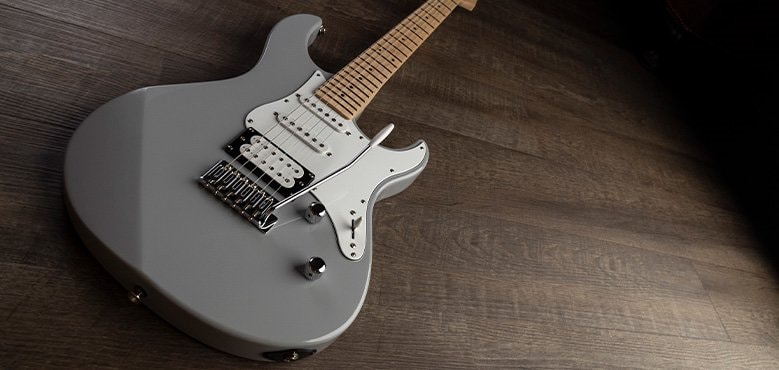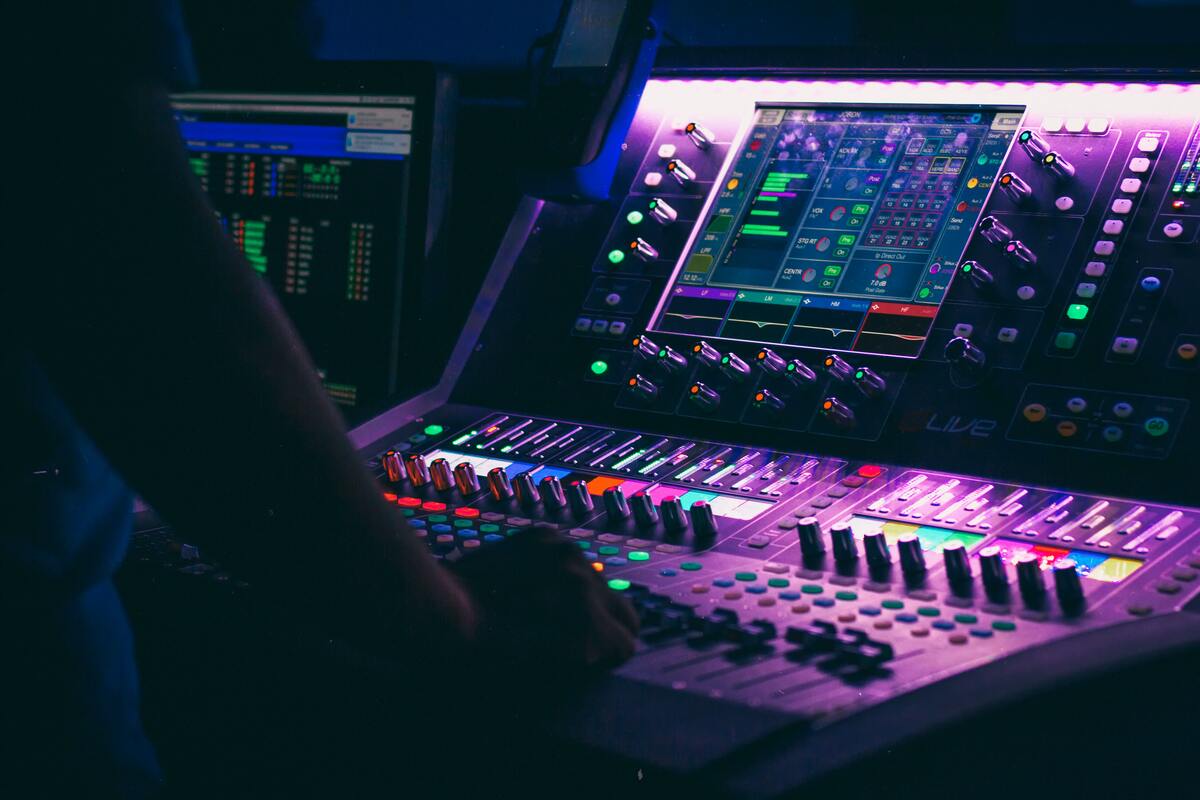Top Sound Engineer Courses to Jumpstart Your Audio Career
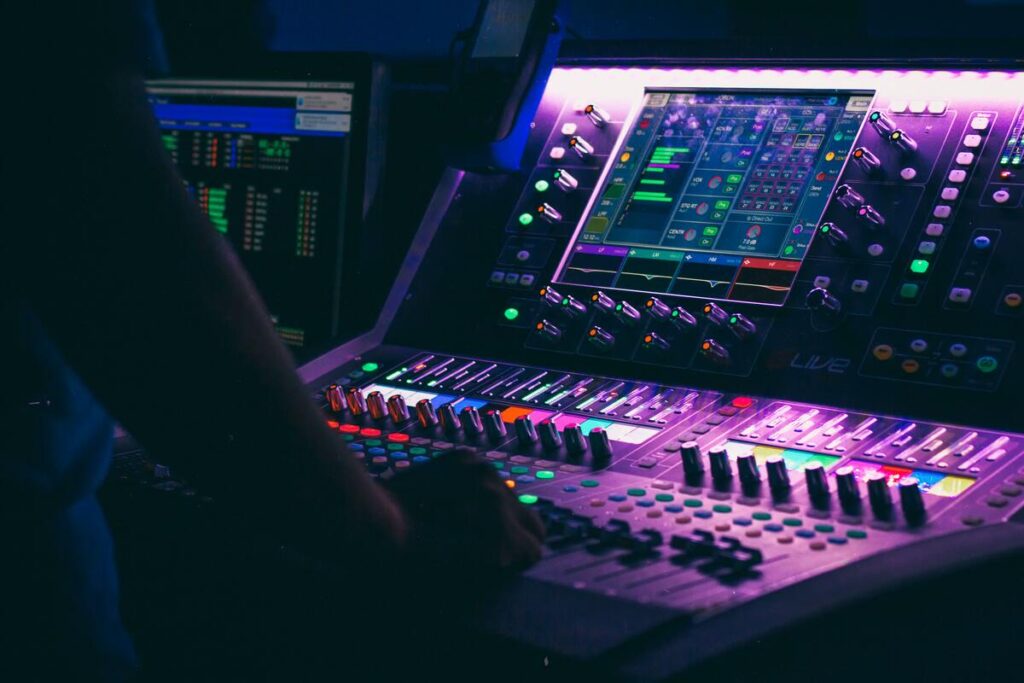
Welcome to the fascinating world of sound engineering, where art meets science in a symphony of audio mastery. As the unsung heroes behind every unforgettable tune and immersive movie experience, sound engineers are the bridge between the visionary’s imagination and the audience’s ears. Sound engineer courses provide the essential training needed to excel in this captivating field.
- Sound engineering is a vibrant field that requires technical, creative and business skills.
- Sound engineering courses provide personalised learning and hands-on experience to develop essential skills for the audio industry.
- Freelance and entrepreneurship opportunities are available in sound engineering due to technological advancements such as digital recording & online learning platforms.
Discovering the Role of a Sound Engineer
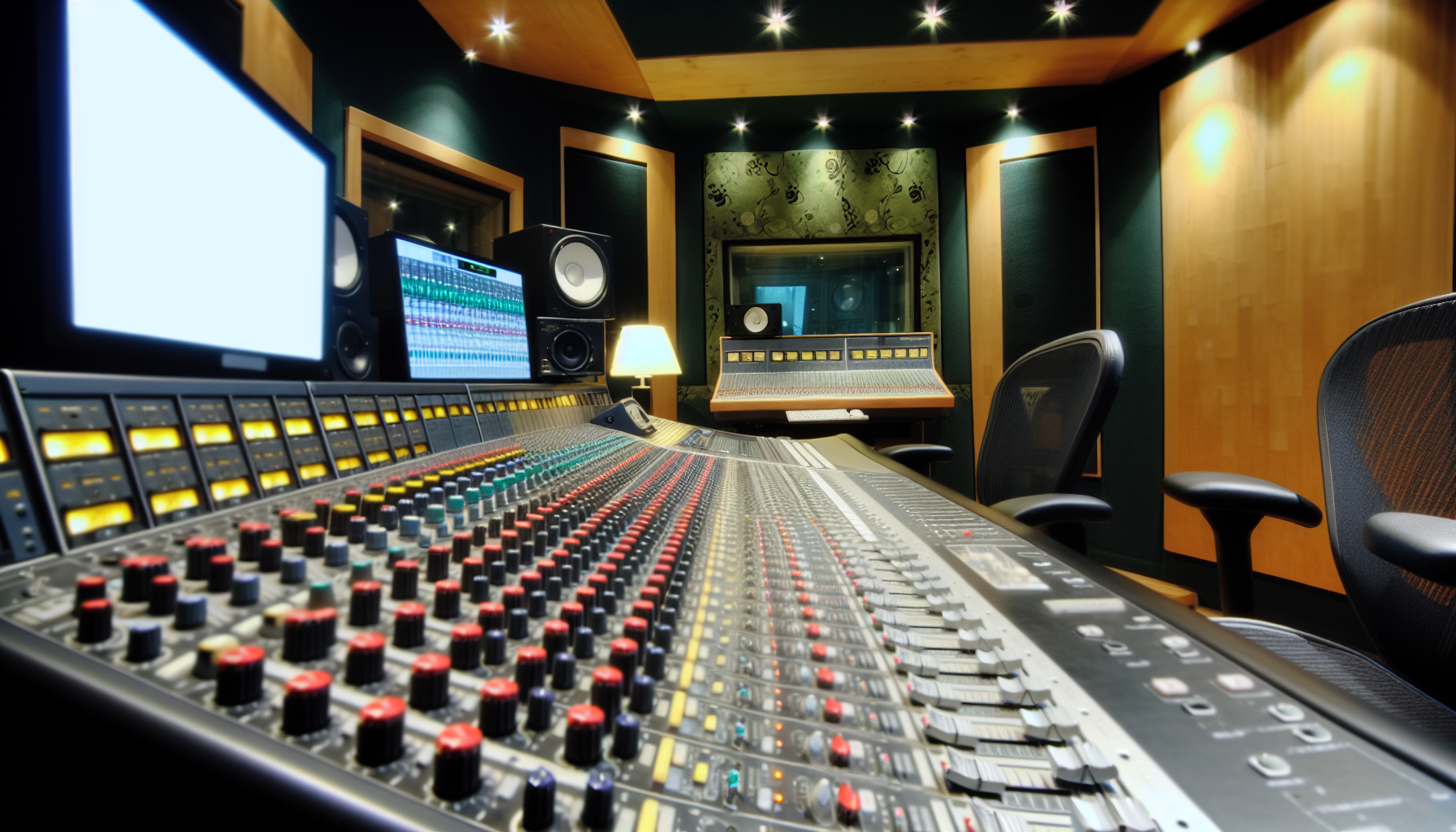
Sound engineering is a field of great opportunity, with the ability to manipulate audio and create enthralling sonic experiences. From concerts to movies and video games, sound engineers are integral to creating captivating atmospheres. The music industry is the most visible example where these skills find application. There’s much more that they can offer in areas such as acoustics design or production across different industries around the globe.
ICMP London offers a robust BA(Hons) Creative Music Production course which focuses on sharpening both technical aptitude and creative potential required in this highly specialized field. This enables learners to expand their knowledge base so that when entering into any sector within the vast audio space, it allows them confidence when faced with challenges along their journey towards success!
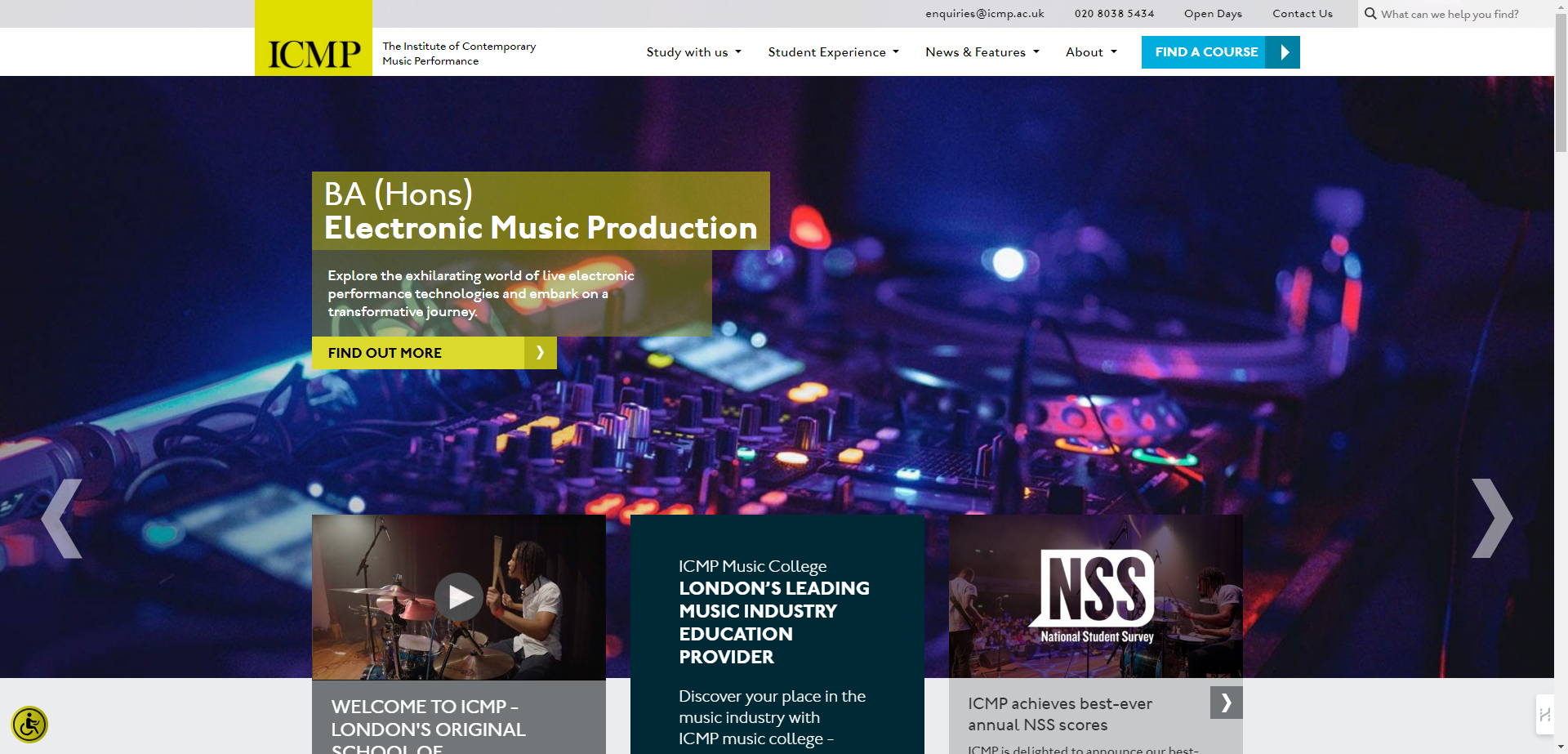
Exploring Sound Engineering Courses
Getting into sound engineering can be daunting, but there are a wealth of courses available for those who wish to enter this field. From learning the technical elements through academic classes to taking on projects in the studio environment and mastering mixing skills, these specialised programs offer tailored instruction and an opportunity for exploration without fear of failure or criticism.
Online learning platforms like ICMP Elevate provides access to sound engineering courses so that aspiring engineers can work at their own speed – guaranteeing both depth and range when it comes to shaping your knowledge surrounding audio technology.
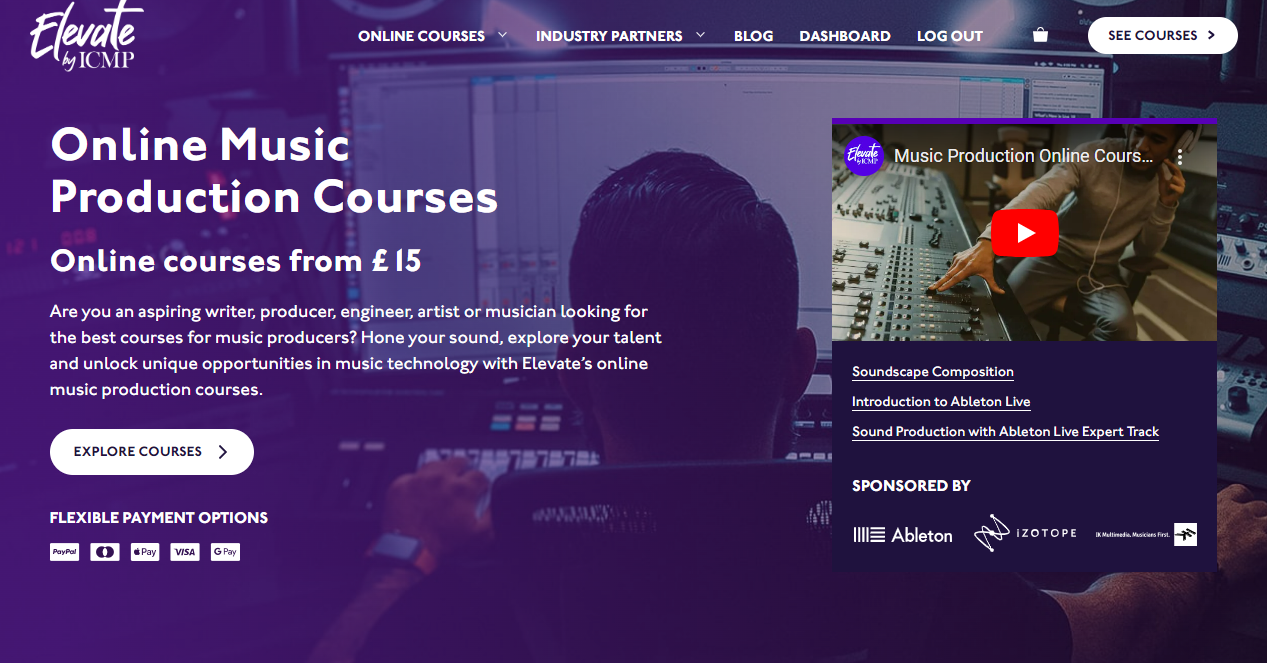
Online Learning
In this digital age, online sound engineering courses provide convenience and affordability. With equal levels of learning as what a traditional university education offers, these classes can be taken at any pace you choose to work with.
Available in various formats such as degrees programs, certificates programs or video tutorials and workshops, it provides learners from all backgrounds an opportunity to get into the world of sound engineering, no matter what their current level is, whether just starting out or advanced experienced learner. Whatever your aim may be regarding learning about the science behind audio production, there is sure something available on course platforms ready for exploration!
Hone your sound, explore your talent and unlock unique opportunities in music technology with Elevate’s online music production courses.
Essential Skills Developed Through Sound Engineering Education
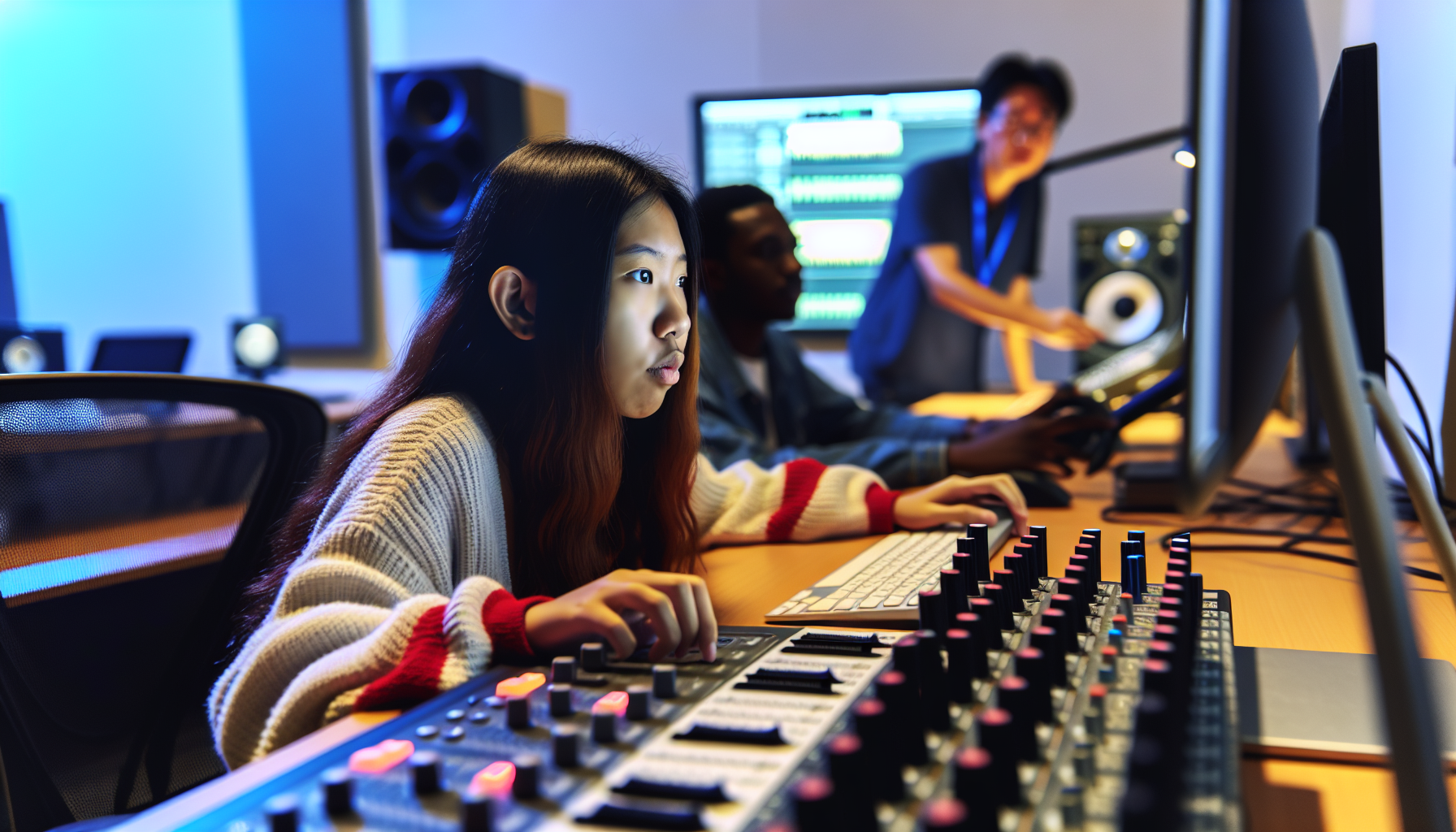
Students embarking on a sound engineering course gain more than just technical know-how to operate soundboards and knobs. It equips them with skills in audio electronics, creative design of sounds, and insight into the business side of this industry – all helping students master their craft for a career working with audio.
The range offered provides necessary practical knowledge that will be beneficial not only during the course but also beyond it. They’ll understand how noise can effectively be manipulated using software applications or electronic devices leading to personalised outcomes. With such an expansive skill set, these aspiring engineers are sure to have great prospects ahead!
ICMP London & Liverpool provide a suite of in person music production courses, from 12 weeks introductory to intensive 3 and 6 month courses:
- Complete Ableton Live Evening course
- Music Production with Logic Pro Evening Course
- Music production & Sound Engineering 3/6 month Industry course
- Electronic Music Production 3/6 month Industry Course
- Sound for Film, Games & TV 3/6 month Industry Course
Technical Mastery
Sound engineering is a complex science involving technology, and mastering it is essential for any aspiring professional in the field. ICMP London provides a (Hons) Creative Music Production program which provides students with comprehensive knowledge of audio equipment and technologies to facilitate outstanding sound engineering techniques as well as performance evaluation practices.
Students must gain proficiency when setting up audio devices such as amplifiers or microphones, and comprehend signal transmission pathways together with proper gain settings, skills that form the basis for successful work in sound engineering.
Creative Sound Design
Sound engineers are more than just technicians, as they use their engineering knowledge and technical skill to craft a sonic masterpiece. Sound design is an essential aspect of sound engineering education, which allows students to make creative choices with different techniques when producing unique and imaginative sounds. Through the combination of expertise, hands-on experience and artistic creativity, this form of artistry can be realised in a way that only these specialists could masterfully orchestrate.
In the competitive world of audio engineering, sound engineers must have a business sense in order to reach success. This is why courses such as those related to sound engineering are designed with knowledge and skills pertaining not only to music but also entrepreneurship, project management, and marketing integrated into them. By doing this students become knowledgeable about contracts regulations regarding copyright protection plus financial matters relating to the industry so that they can succeed within it.
Inside the Recording Studio: Practical Training

Students looking to become sound engineers can acquire valuable practical training through taking part in sound engineering courses. These offer them the opportunity of getting familiar with recording studio equipment and having first-hand experience when it comes to working with live sounds, as well as a project based learning approach.
Having insight into everything from capturing recordings of bands within studios to setting up audio systems for concerts gives students an awareness about all elements related to this field that are necessary in real world settings, allowing them also hone their critical listening skills while handling different kinds of sounds properly.
Studios for recording sound can be intimidating to those unfamiliar with the equipment. But experienced sound engineers know how to use each piece of technology as a tool in order to achieve audio perfection. With specialized training, students receive hands-on education related to engineering techniques and studio gear operation from mixing consoles through configuring components, all geared towards future success within this profession of audio engineering.
Sound Engineering Courses help equip learners with everything they need going forward into their work at studios while simultaneously teaching about sound mastering approaches too.
Live Sound Opportunities
Sound engineering courses provide students with a unique chance to explore the world of live sound, enabling them to gain essential experience and excitement while working in real-world settings. Not only do these opportunities give aspiring engineers practical skills that help prepare them for their profession, but they also get to feel the rush of energy from performing on stage.
Sound is what animates an entire concert performance, and experienced sound engineers are key players who keep it running smoothly!
Project-Based Learning
Project-based learning in sound engineering offers students a chance to use their knowledge and skills in creating sounds for real projects. By involving them in exciting hands-on experiences such as designing instruments or writing video game music, they gain an understanding of the fundamentals of sound engineering that prepares them for any situation.
Sound engineers can work on different aspects from film effects to live event setup – all thanks to project based learning, which brings this fascinating world alive with dynamic tasks that are tailored towards honing every student’s expertise!
Career Prospects for Sound Engineers
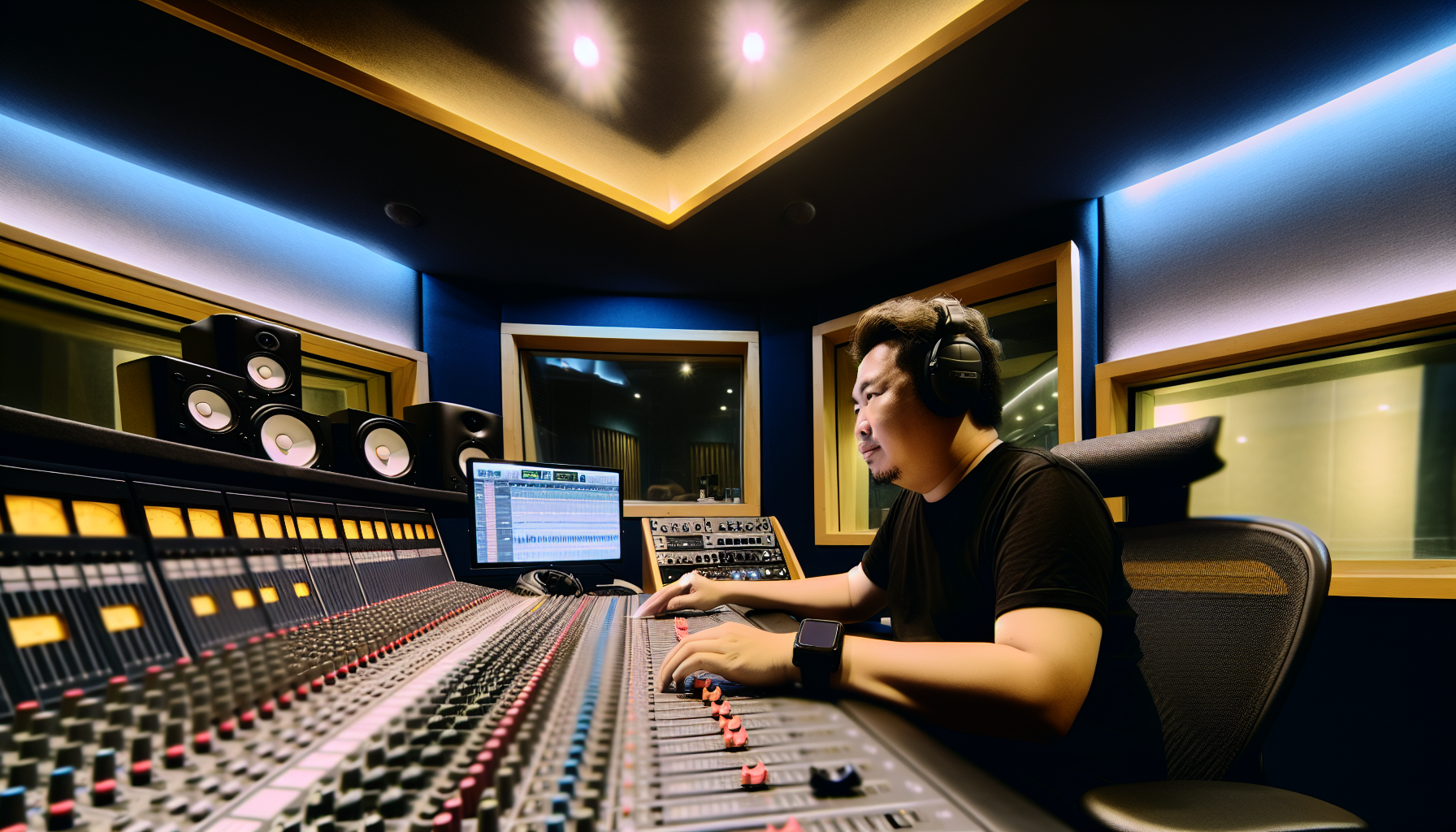
Sound engineering plays a key role in bringing to life the melodic and menacing sounds found in music, movies, and beyond. Boasting numerous roles across the musical industry plus potential for freelance work or entrepreneurship, this profession opens up vast pathways of career opportunities that can bring any aspiring sound engineer’s dreams into fruition.
The music industry is a realm of endless rhythm and song, with sound engineers forming the backbone as they take control of this melodious symphony. Recording engineers are adept at capturing an artist’s emotion in their vocalization while mixing engineers combine diverse tunes into a single impactful musical composition, both steps requiring these technicians to play an important role in all facets of production.
This discipline isn’t simply about creating though. It’s also seeing that same music come alive! Live sound professionals make sure every audience member perceives the sounds exactly how they were meant to be heard by boosting its power during public performances.
The origins of sound engineering can be traced back to the music industry, but now its role is wide-reaching across various sectors. Whether it’s the movie industry or gaming and virtual reality – sound engineers are in high demand as they possess skill sets which enable them to capture, integrate and manipulate audio for an incredibly immersive experience that brings stories to life with their use of sounds.
Freelance and Entrepreneurship
In the world of freelance, sound engineers have a platform to demonstrate their abilities through an array of projects. As a freelancer in this field, one could take on tasks like mixing music for independent artists, composing audio effects for computer games and designing recordings or soundsets used by filmmakers and TV producers. For those who excel when it comes to changeable environments such as these, there is a lot that can be gained from venturing out into self-employment opportunities within sound engineering.
The gig economy has become increasingly popular over recent years, which means locating suitable gigs with regards to sound engineering is more accessible than ever before, making becoming your own boss easier if you wish pursue career ambitions in this sector! With access comes additional benefits. Increased creativity plus learning prospects as well as potential remuneration options widen due to owning the skill set necessary manage audio products around various creative mediums.
Sound Engineering Education
In the last few decades, sound engineering education has developed from technical training into a more comprehensive form that merges technological elements as well as creative and business skills. This shift can be attributed to various factors like shifts in recording techniques for audio work along with an increase in growth of the audio sector due to technology advancements.
Digitisation has significantly impacted sound engineering, making music production more accessible and affordable. The advancement of digital recording and online learning platforms has democratised information access, reaching a larger audience than ever before. This has highlighted the importance of computer-based signal processing in both sound creation and music production.
The use of Digital Audio Workstations (DAWs) has become a fundamental part of a successful engineer’s toolkit, revolutionising the way we approach problems and possibilities within the industry. The recent advancements in Music Technology have expanded job opportunities, ensuring future generations are well-prepared to face the challenges and reap the benefits of the burgeoning Audio Industry.
Summary
As we have explored, sound engineering is a field that harmoniously blends technical mastery, creative dexterity, and business acumen. With a plethora of courses available, both online and in-person, there’s a path for every aspiring sound engineer to dive into this exciting world.
From hands-on training in recording studios to live sound opportunities and project-based learning, these courses offer a comprehensive education that extends beyond the classroom.
With a symphony of career opportunities in the music industry and beyond, sound engineering is a field that offers endless possibilities for those with a passion for sound.
Frequently Asked Questions
What qualifications do you need to be a sound engineer?
To be a sound engineer, one must possess certain qualifications such as the Level 3 Extended Diploma in Sound Engineering or the T-Levels in Music Technology and Creative Media Production.
With these diplomas and certifications related to music production, engineering technologies and sounds, aspiring audio professionals can gain access to this profession.
How do I become a sound engineer?
To achieve a career as a sound engineer, one should begin by investigating the necessary educational qualifications and potential job specialisations. This would then be followed up with enrolment to earn an appropriate degree program before undertaking an apprenticeship for Experience.
Obtaining extra certifications or specific subject area training might also come in handy when looking into prospective jobs related to audio work.
Can you learn sound engineering by yourself?
Having technical skills is essential to get going in sound engineering and a music or audio engineering course could help you kick off your career. A mentor can also prove beneficial if attempting the self-taught route, providing guidance with the various techniques necessary for working with sound.
What are the typical career paths for sound engineers in the music industry?
Within the music industry, sound engineers can pursue various career paths including Audio Engineer, Sound Technician, Production Assistant, Video Engineer and Maintenance Engineer. These roles involve tasks such as recording tracks for live performances or film/TV/radio production purposes.
Mixing sounds in order to provide top-tier audio services. And helping create great quality music productions.
What are the leading online platforms offering sound engineering courses?
The range of sound engineering courses available includes audio engineering, with leading platforms such as Udemy, EdX and Learn offering online studies in this field.
Are you an aspiring writer, producer, engineer, artist or musician looking for the best courses for music producers? Hone your sound, explore your talent and unlock unique opportunities in music technology with Elevate’s online music production courses.
From the blog

Rockstars in Training: The Best Kids’ Electric Guitars for 2024
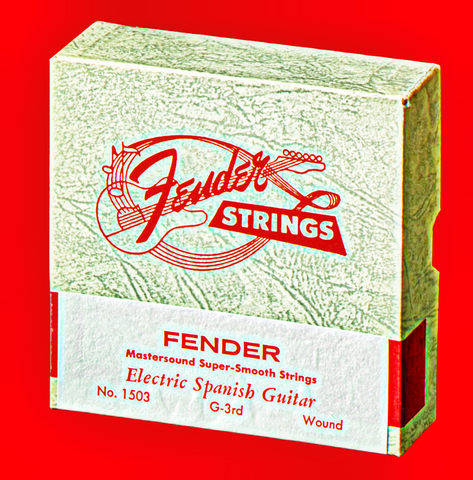
Redefining Your Riffs: How Electric Guitar Strings Shape Your Sound
